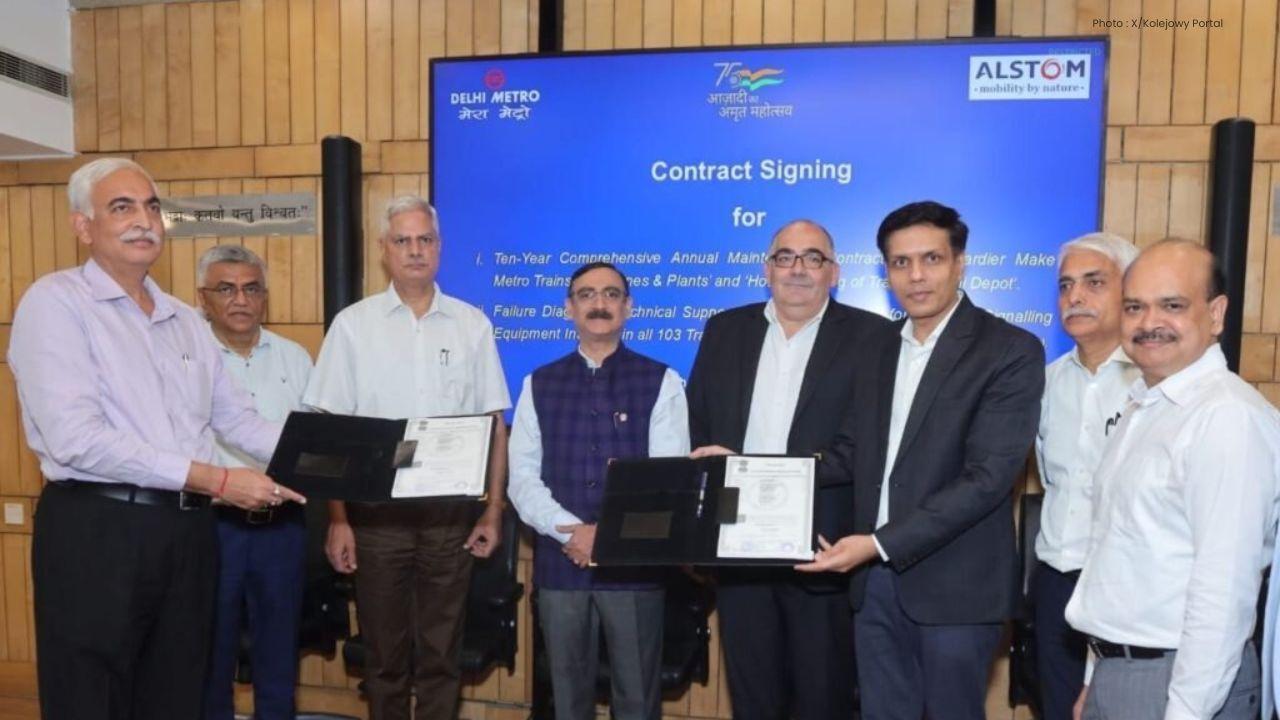
Post by : Avinab Raana
Delhi Metro Rail Corporation (DMRC) and Alstom India have sealed a landmark deal worth about €42.09 million for a decade-long maintenance contract. The award focuses on keeping the Bombardier-manufactured train fleet running smoothly, together with associated machinery, plant-systems and depot maintenance at Badli. Commuters on some of India’s most-used metro lines will soon see more dependable services thanks to this partnership.
Under the agreement, Alstom is tasked with scheduled and corrective maintenance of the metro trains, ensuring mechanical, electrical, and operational components function as intended. Machinery and plant systems at the Badli Depot will receive regular upkeep, and the contract also covers housekeeping for both the trains and the depot facility. The combined scope is designed to raise safety, reduce downtime, and improve metro service quality across Delhi’s network.
Bombardier trains currently play a central role in DMRC operations. As ridership grows and service frequency intensifies, maintenance becomes more than routine, it becomes essential to preserving reliability. This contract is DMRC’s effort to lock in high-quality service support over the long term, preventing breakdowns and ensuring that delays and disruptions are minimized. For daily commuters, the impact should be noticeable: fewer service interruptions, cleaner train interiors, and smoother rides.
Alstom India brings global experience in rail maintenance, signaling systems, and depot operations. With hundreds of locations globally and tens of thousands of rolling stock being serviced, it has accumulated technical expertise, OEM support capabilities, and predictive analytics tools to monitor service health. In this deal, such capabilities are likely to be put to use: data-driven diagnostics, spare-parts logistics, and systematic preventive maintenance are expected to reduce unplanned failures and improve train availability.
Badli Depot will be central to this deal. It will host regular or urgent repairs, component overhauls, machinery servicing, and cleaning operations. The depot’s plant systems which include power supply, maintenance workshops, washing areas, heavy machinery used for bogie lifts etc.—will also come under Alstom’s maintenance oversight. This ensures that the backbone supporting train performance is well kept and aligned. Cleanliness, properly functioning equipment, and timely servicing all help reduce issues cascading into delays for metro users.
Passengers stand to gain in several ways. Reduced breakdowns mean fewer unexpected service gaps. Well-maintained trains offer a more comfortable ride: less vibration, fewer noises, properly functioning doors, lights, ventilation, and safety features. Clean and well-kept interiors and station readiness contribute to a more pleasant transit environment. Over the years, this should lead to higher reliability and possibly shorter waiting times.
A ten-year contract provides stability. DMRC gets committed maintenance oversight, predictable service standards, and clearer accountability. For Alstom, it signals confidence in long-term operations in Delhi’s metro ecosystem. The value of about Rs 420-430 crore (for reference) underscores the scale of investment Delhi Metro is willing to make in operations and maintenance, not just new lines. This deal is part of a larger trend where transit authorities recognise that upkeep is as important as expansion.
Delhi Metro has steadily expanded over the years, adding lines, extending routes, enhancing capacity. As new corridors come online, older rolling stock, especially Bombardier trains, have aged and require more attention to maintain service quality. This maintenance contract helps ensure legacy fleets do not lag behind newer extensions in reliability. For DMRC, balancing fleet expansion with solid upkeep is key to ensuring the entire network runs as a cohesive, dependable service.
Maintaining a busy metro fleet in one of the world’s largest cities isn’t simple. Alstom will need to manage spare parts supply efficiently, especially for older or less readily available components. Staff training, shift scheduling, and ensuring minimal service closure during maintenance will be essential. Depots like Badli will need to coordinate closely with operations to avoid affecting service schedules. Additionally, ensuring that housekeeping and cleanliness standards are high is a logistical challenge given the volume of daily ridership and weather conditions.
Over the next few years success for this contract will mean noticeable improvements in metrics: less downtime per train, fewer service cancellations, better ride quality, enhanced safety, and customer satisfaction. Improved reliability of metro service during peak hours, cleaner interiors, more responsive maintenance should emerge. If Alstom leverages predictive analytics well, DMRC could avoid costly failures before they manifest. The long term result is more trust from the public and improved reputation for both DMRC and its maintenance partner.
This €42.09 million deal with Alstom is more than routine upkeep. It is a strategic investment in daily commuter experience, fleet reliability and operational efficiency. While metros are often judged on how many new tracks are laid or stations built, what trips matter most are the ones taken every day.
Delhi Metro may be in expansion mode, but its true measure of success will increasingly depend on how well its trains run, how clean they are, how rarely they break down. With this contract, DMRC is signalling that maintenance, precision and consistency are now front and centre in its vision of reliable urban transit.
Alstom maintenance contract, Delhi Metro upkeep, Fleet reliability
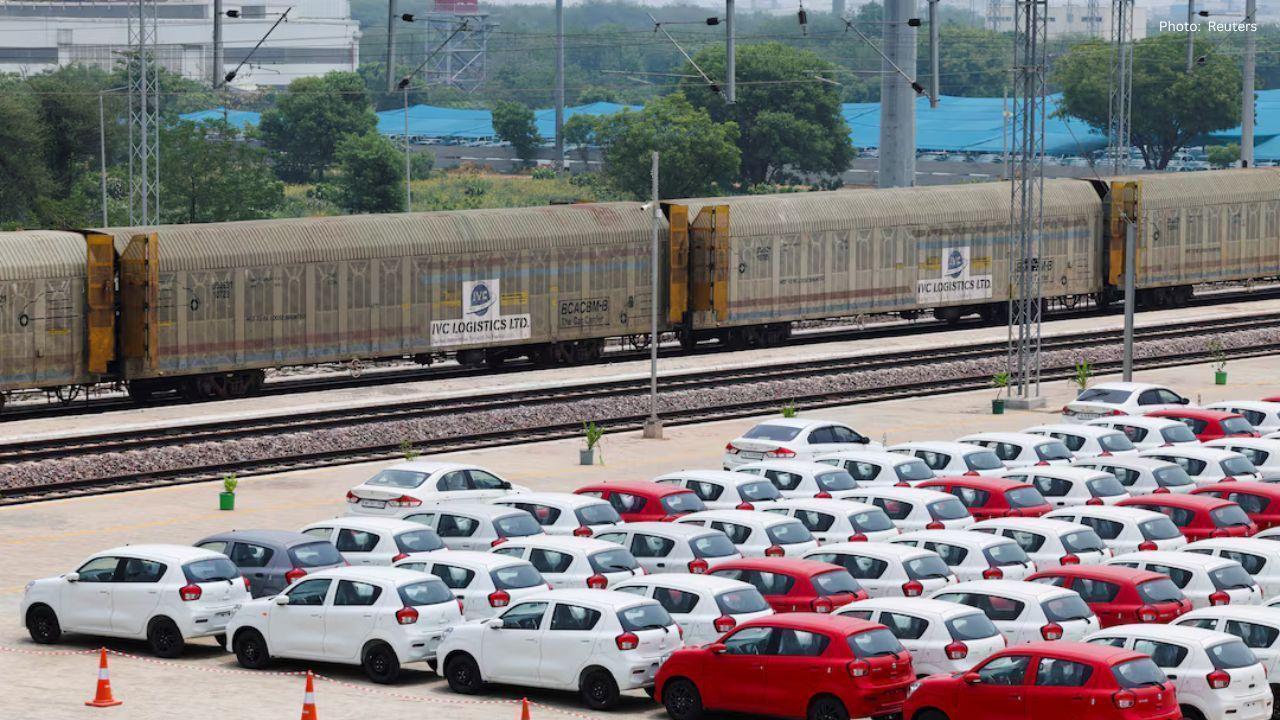

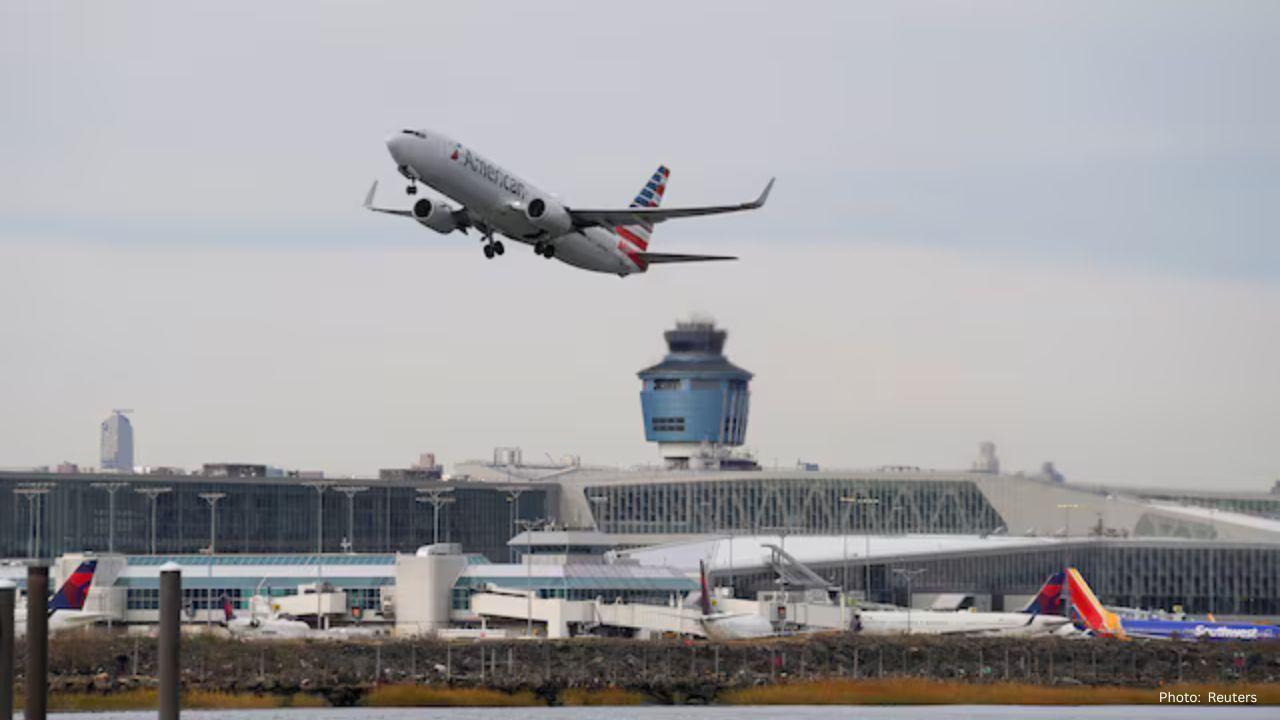
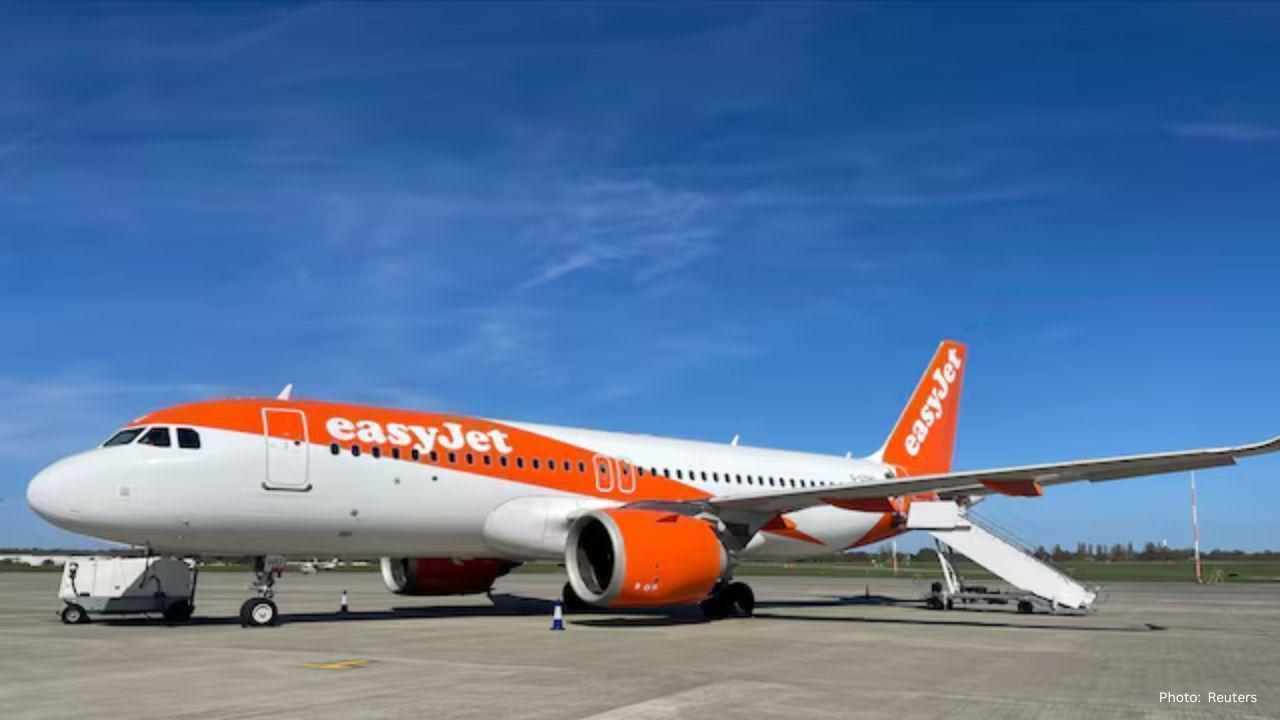
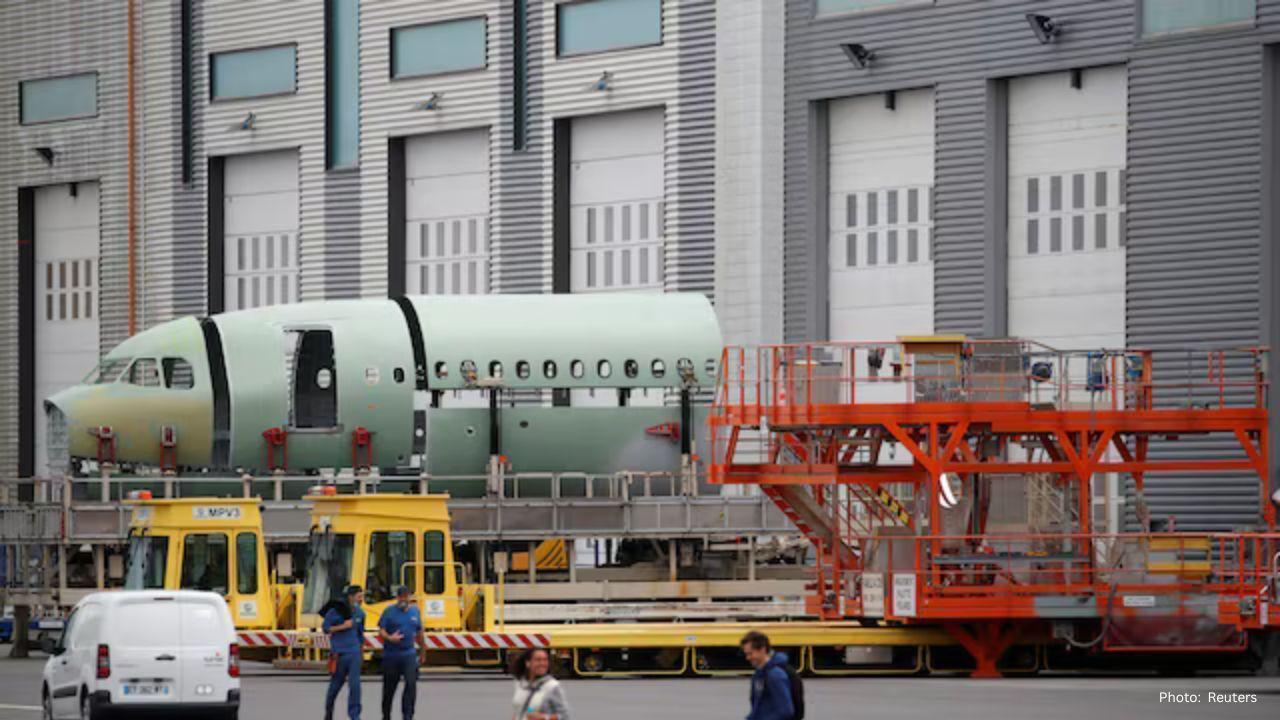
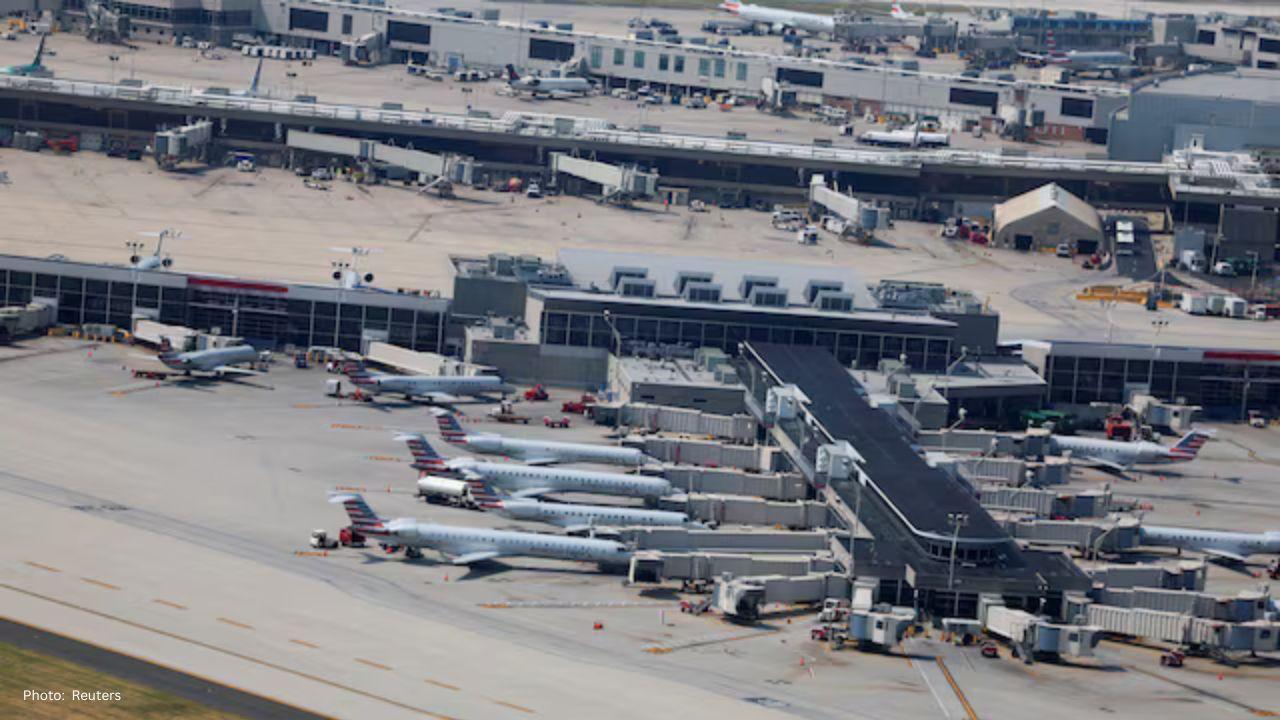
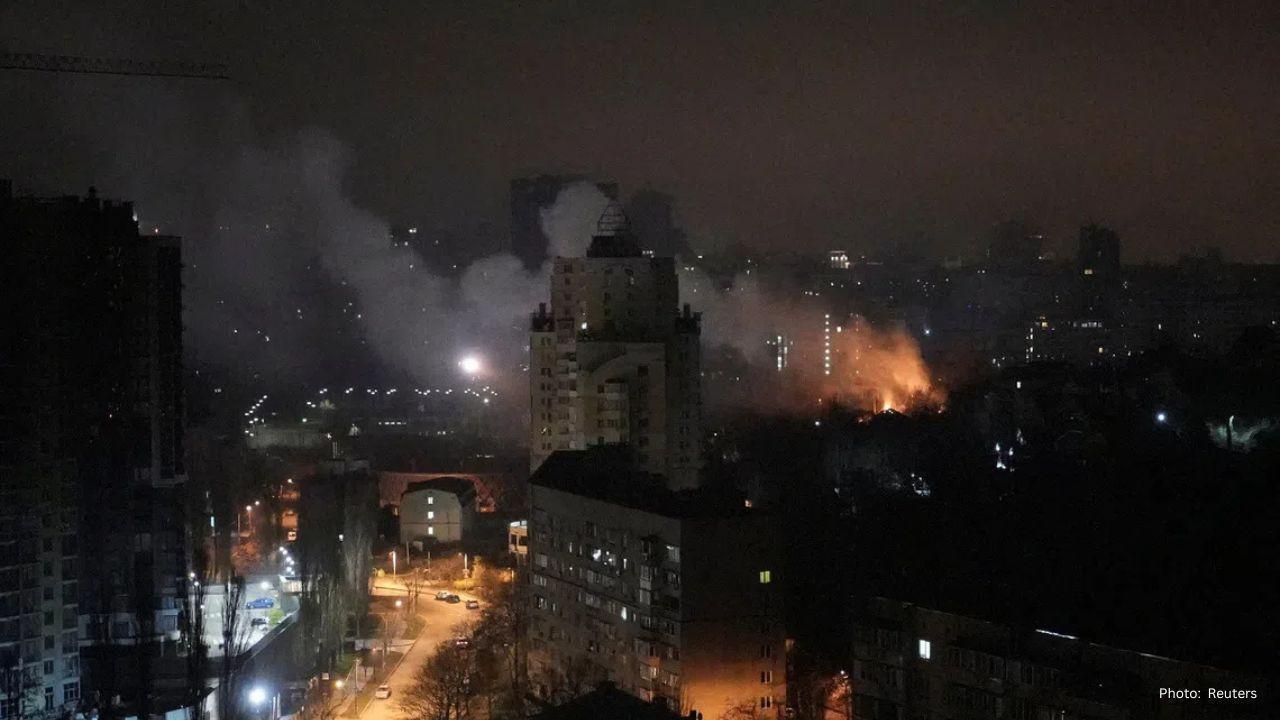
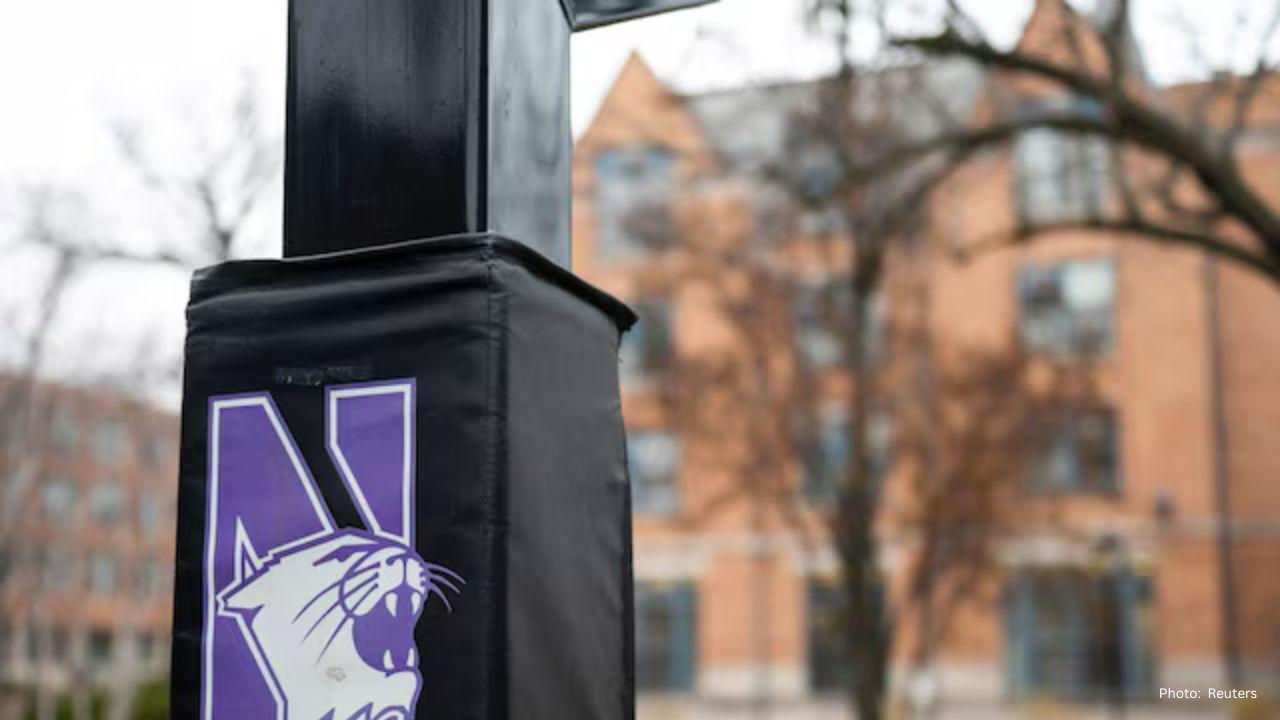
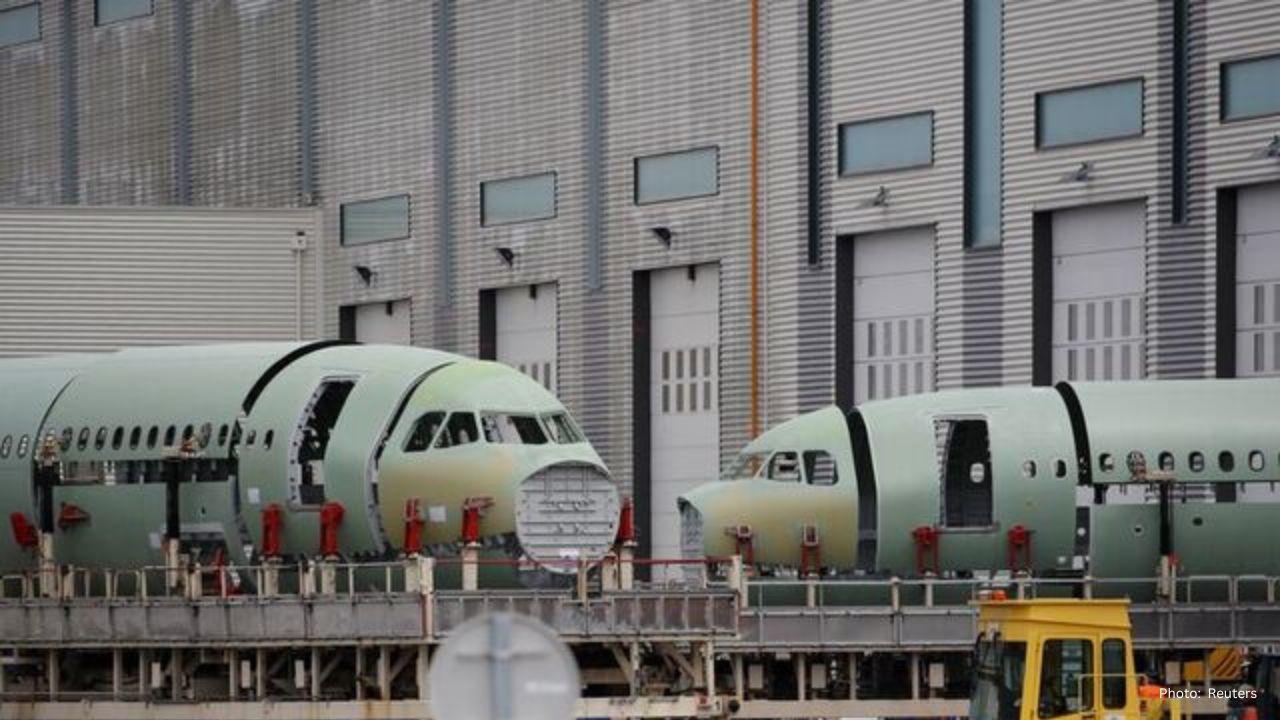

Advances in Aerospace Technology and Commercial Aviation Recovery
Insights into breakthrough aerospace technologies and commercial aviation’s recovery amid 2025 chall

Defense Modernization and Strategic Spending Trends
Explore key trends in global defense modernization and strategic military spending shaping 2025 secu

Tens of Thousands Protest in Serbia on Anniversary of Deadly Roof Collapse
Tens of thousands in Novi Sad mark a year since a deadly station roof collapse that killed 16, prote

Canada PM Carney Apologizes to Trump Over Controversial Reagan Anti-Tariff Ad
Canadian PM Mark Carney apologized to President Trump over an Ontario anti-tariff ad quoting Reagan,

The ad that stirred a hornets nest, and made Canadian PM Carney say sorry to Trump
Canadian PM Mark Carney apologizes to US President Trump after a tariff-related ad causes diplomatic

Bengaluru-Mumbai Superfast Train Approved After 30-Year Wait
Railways approves new superfast train connecting Bengaluru and Mumbai, ending a 30-year demand, easi